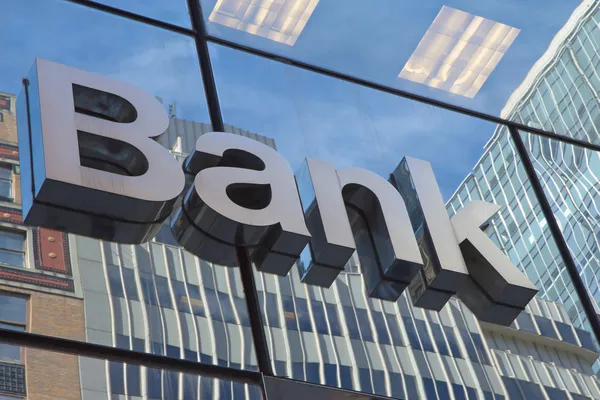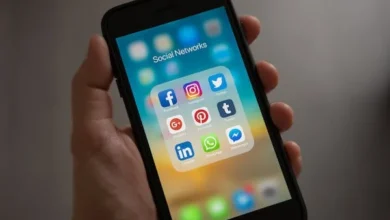How Do Banks Pay You Early?

In the digital age, personal banking offers much more than just a safe place to stash one’s money. Savings, money markets, and other specialized accounts provide different opportunities for earning interest. Car loans, spending analysis, and concierge travel planning are examples of other unexpected services provided by many modern banks. Today, one of the newest and most exciting features offered by some banks is the option to get paid before your regular payday.
How Do Banks Pay You Early?
Banks can offer early paychecks to customers who receive their paychecks via direct deposit. Generally, direct deposits occur through a data network called the automated clearing house, or ACH. Payments made through the ACH network are proven to be reliable and stable, which is why online billing and credit card payments are also conducted on the network. When an employer issues a paycheck to be direct deposited, it usually takes one or two days for the check to “clear” and funds to become available in the employee’s account. Nowadays, the reliability of the ACH network allows banks to offer faster processing times so funds can be available sooner. Typically, the early payment occurs almost as soon as the employer releases the paycheck.
Benefits of Early Direct Deposit
According to the experts at SoFi, opting in to receive early paychecks allows one to start “paying bills earlier, saving earlier, investing earlier, and more.” While a difference of one or two days might not seem like much in the short run, it can pay off over time through the power of compounding interest. Also, people who know how to get paid early will have an edge when it comes to paying bills on time and avoiding unnecessary penalties or overdraft fees. Some banks may even waive certain fees or offer different perks to customers who are paid via direct deposit.
Limitations of Early Direct Deposit
At face value, early direct deposit sounds like a win-win scenario. However, it only applies to paychecks that have already been issued by the employer. Therefore, it’s only possible to receive the paycheck two days earlier at the most. This also means that the funds of each paycheck might be available two days earlier, but the timing between paydays will still remain the same.
Does It Differ From Paycheck Advance?
Unlike an early direct deposit, paycheck advances allow an individual to receive a portion of their upcoming paycheck for a fee. While this makes it possible to access funds earlier than two days, it cuts each subsequent paycheck short by the borrowed amount and the additional service fees. For people living paycheck to paycheck, it can be very easy to get stuck in a cycle of shorted paychecks from using these types of services.
Early paychecks are just one perk of modern personal banking. To get the most out of their finances, every customer should stay updated on the features offered by their bank of choice.




